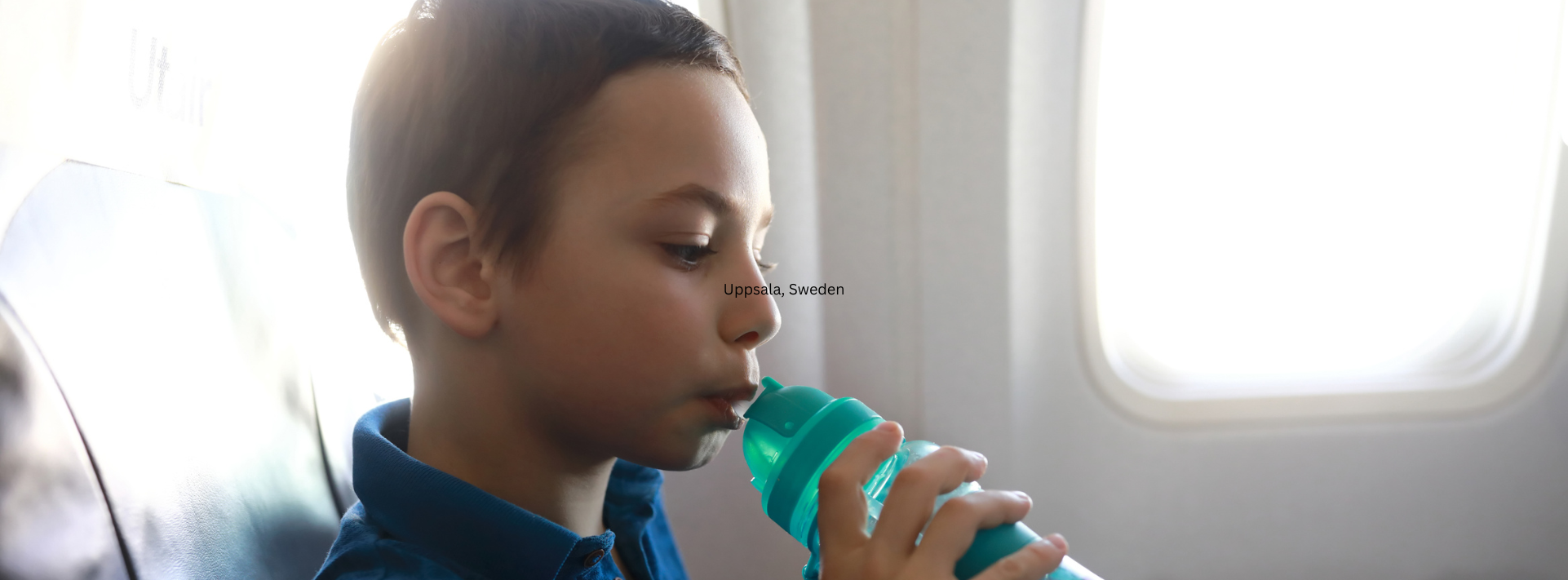
Why Children Should Travel
Traveling with children can seem daunting, especially if you’re traveling [...]
Traveling with children can seem daunting, especially if you’re traveling internationally. With long flights and long travel days, differences in cultures, and many other obstacles that can occur, it makes sense why some parents might be reluctant to bring their children on the journey with them. However, traveling with your children, particularly internationally, can provide a vast number of benefits to your children’s lives. Here are just a few reasons that you should bring your offspring along on your travels.
Learning Firsthand
Most children learn about other countries’ history and cultures in their classrooms at school, but when you travel with your children, they get to experience these places firsthand. Your kids will get submerged into different cultures and learn about the people, traditions, food, agriculture, and much more. This can help children better understand and learn while at school since they can relate it to their personal experiences.
More Adaptable
When you travel, no matter how prepared, there is always an opportunity for a roadblock to arise, such as lost luggage or a late flight. Many things are out of our control that interfere with our plan, which is a part of traveling, and it is an excellent way for children to learn to problem-solve and make the best of these situations when they happen.
Children may also learn that there could be different amenities than what they are used to at home. And depending on where you are traveling to, items or tools may not be as accessible as they usually would be, which is another great way children learn to adapt and go with the flow.
Compassion
As you are traveling, your children may meet other kids from those countries and might learn that those kids’ way of living looks different from their own. They might recognize the differences in socioeconomic backgrounds and realize that not all children in the world have as much as they have, leading them to compassion towards others who do not have as much and appreciating what they do have.
Memories
I bet many people can recall most, if not all, the trips they have taken. What about the first toy you were gifted? Can you remember all the toys you had when you were younger? Toys are wonderful, but they’re not generally as impactful as the memories we create with traveling. When children grow up, they can look back and recall all their memories from traveling, whether those memories were good, funny, or bizarre, and remember the ones they spent time with and met along the way.
Self-Discovery
When traveling to new countries, we might be stepping out of our comfort zone a little bit. Yet, each time we do, we feel a bit more confident in ourselves. Similarly, with children, someone might be nervous about the activities/excursions that you have planned. When they start to travel, and these opportunities become more common, they get braver and confidence starts to build within them. This confidence then rolls over to when they are back into their regular routine of life.
Traveling can also help children figure out their interests more imaginatively and creatively by seeing the world firsthand. For example, maybe you notice that your child loves the adventure aspect of traveling, and each time you travel to a new country, they want to figure out all the outdoor adventures they can do. Maybe your child is interested in art and is intrigued by the details of buildings and desires to visit art museums. Learning this about themselves can help guide them in figuring out hobbies they want to involve themselves in or even potential career pathways that might be enticing for them.
Taking on responsibilities is another aspect of self-discovery that children might learn while traveling. At some point, all children will have to learn to take on responsibilities. When you give children responsibilities while traveling, this can provide children with more confidence in their own abilities. Maybe their responsibilities at first are to make sure they have their belongings, and when moving hotels or going between airports, they must oversee their items. These responsibilities might increase by having them plan a portion of the trip (with guidance, of course). Not only can this build confidence in children, but it keeps them involved and allows them to express what their interests are.
Bringing your children on international trips can seem overwhelming, but we genuinely believe that you and your children can benefit from these types of travels together.






